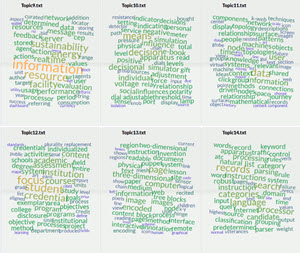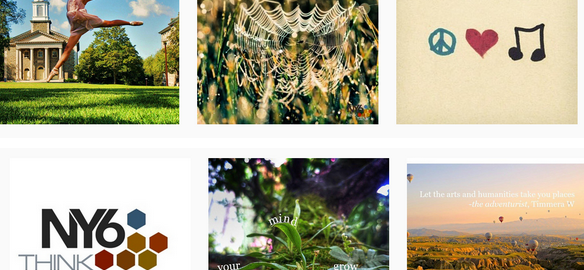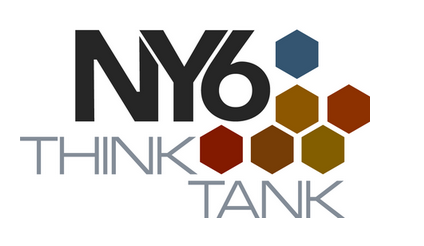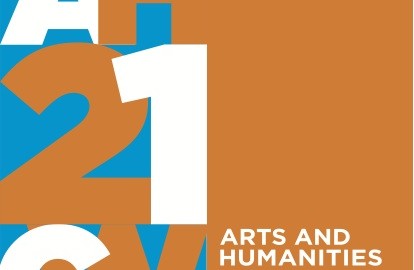Lauren Horn Griffin is 4Humanities.org’s new International Correspondent! She will write on humanities advocacy projects, humanities issues, the relation of the humanities to society, and specific humanities initiatives. Lauren is currently working as the Communications Coordinator for the nonprofit Institute for Diversity and City Life while she finishes her Ph.D., and she is a passionate advocate for the humanities. I caught up with her in Santa Barbara for a chat over coffee to see why the humanities are important to her.
Alan Wildeman on Ignoring the Liberal Arts
The President of the University of Windsor, Alan Wildeman, has contributed a piece to the Globe and Mail titled “We Ignore the Liberal Arts at Our Peril.” In it he argues for the humanities and social sciences.
The exhilaration of the Age of Enlightenment of the 17th and 18th centuries has been replaced by the nervousness of what appears to be an Age of Justification in the 21st century. Moderm society’s love of innovative gadgets and apps, pronouncements that youth can now be taught on the Internet (and possibly become high-profile entrepreneurs to boot), and social media outpourings that give falsehoods as much airplay as truths, have created a cocktail of rhetoric for critics who are sure that a liberal arts degree is a worthless investment.
Wildeman mentions research from the Education and Policy Research Initiative to the effect that humanities and social science students start with earnings of around CAD $40,000 after graduation and are earning close to double that 13 years later. You can read a summary by of the lead researchers, Ross Finnie, in an Ottawa Citizen piece, “How Your Degree Might Influence Your Earning Potential.” Too many people are basing their opinions on the liberal arts based on short-term employment. (Read more…)

U. S. Patents Related to the Humanities
In the course of its current effort to collect a “big data” set of newspaper and magazine articles, government documents, and other public discourse on the humanities for study through computational text analysis, the 4Humanities WhatEvery1Says research project acted on an intriguing idea…. The project team collected a plain-text corpus of all U.S. patents issued since 1976 (the first year of full digital text available in the U. S. Patent Office’s searchable archive) and scraped the patent descriptions as plain text to facilitate study through computational text-analysis
Much of the leading-edge scholarly response to public discussion about the apparent decline of the humanities has revolved around translating the older notion of “general” and (more recently) “flexible” humanities knowledge into such terms relevant to current socioeconomic change as “open access” and “collaboration.” Normally, these concepts are seen through the lens of copyright issues. Little attention has been paid to patents as part of the modernization of the humanities.
Gutenberg did not have a patent on print. However, thinking about the humanities in society today, researchers may need to evaluate critically how the humanities should adapt to the fact that he didn’t. (Read full post, including details on topic modeling the patents.)

Christine Henseler, Counting (on) Success: Does an Education in the Humanities Count in Today’s Day and Age?
The cost of college and the cost of the Humanities. Everyone wants to know: “How much does an education in the Arts and Humanities count in today’s day and age?”
Perhaps we should take a step back and ask ourselves how we are counting (the value of) the Humanities.

Post Your Instagram Inspiration!
Follow, contribute and post your photography/art and your expression of why the arts and humanities are important to you!
Go to your Instagram account, and follow NY6ThinkTank.

MaryGrace Wajda, Talking to Current College Students About Their Choice of Major
As part of my fellowship project, I met with several students to discuss their decision to major in the arts/humanities. Their responses to my questions were fascinating. Here are the profiles of the students I talked to, along with a record of our conversations, for you to read.

The Arts & Humanities in the 21st Century Workplace Launches New Volunteer Program
The Arts & Humanities in the 21st Century Workplace advocacy initiative is launching a new Volunteer Program. If you are interested in becoming an AH21CW Volunteer and adding your voice to the international conversation on the applicability of the Arts and Humanities to any professional field, consider participating in this program.